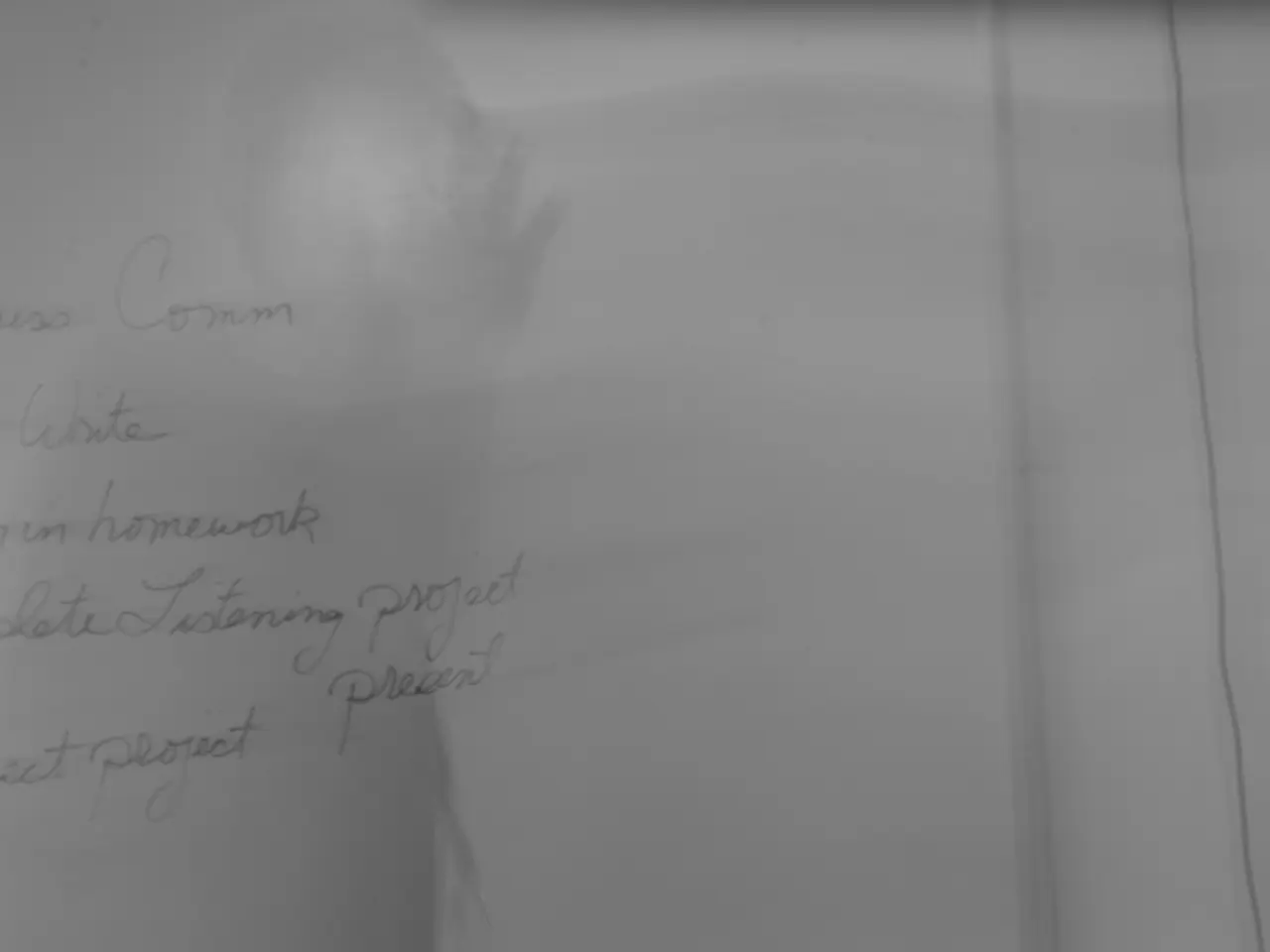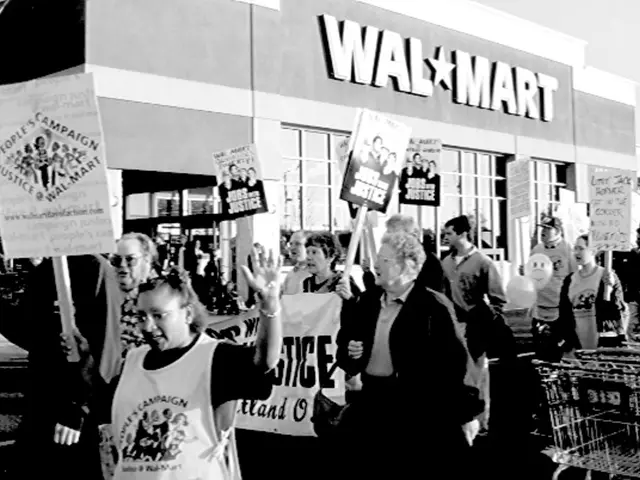Trump advocates for employing an old law originally intended for mob control against liberal organizations and demonstrators.
In a recent development, former U.S. President Donald Trump has been advocating for the use of the Racketeer Influenced and Corrupt Organizations Act (RICO) to bring charges against left-wing groups he accuses of promoting violence. This move comes after his push to reverse his 2020 election loss in Georgia, which resulted in state RICO charges but is now in limbo due to Georgia's Supreme Court declining to let Fulton County District Attorney Fani Willis prosecute the case.
The RICO Act, originally designed in the 1970s to target organized crime, allows prosecutors to hold entire organizations accountable for coordinated criminal acts. Some influential Republicans, including Texas Sen. Ted Cruz, are pushing to expand RICO to include rioting as a criminal offense. The proposed legislation, called the STOP FUNDERs Act, would add rioting to the list of offenses that could be used as part of a RICO probe by the Justice Department.
The STOP FUNDERs Act aims to dissuade people from funding violent acts. Proponents of the bill view it as a necessary tool to address the issue of rioting, which Trump describes as actions, not words. However, not everyone is in favour of this expansion. Norm Eisen, a prominent Trump critic, expresses doubts about the feasibility of adding rioting to underlying RICO offenses, fearing it could be turned against any organization.
Trump's threats of legal action against his adversaries have increased, particularly in response to the assassination of Charlie Kirk. He has also escalated attacks on George Soros, suggesting the 95-year-old financier and philanthropist should be jailed. Soros' Open Society Foundations have helped fund an array of liberal groups, including Indivisible, which has organized protests against Trump's agenda.
Prosecuting a RICO conviction against a financial backer of a group that engaged in rioting requires proving that the donors provided money with the intention that violence would be carried out. This is a complex process, as racketeering cases require prosecutors to prove several elements, including interstate commerce and a pattern of criminal activity.
In Los Angeles, prosecutors are more likely to charge people disrupting ICE arrests with obstruction of justice, rather than pursuing racketeering claims. This highlights the complexity and specific nature of RICO cases.
Trump's threats of RICO charges and the potential designation of some liberal groups as domestic terrorist organizations have sparked controversy. Critics argue that such moves could infringe on free speech and political dissent. Supporters, however, believe that these measures are necessary to combat violence and protect public safety.
As the debate around RICO and the STOP FUNDERs Act continues, it remains to be seen how these developments will shape the political landscape in the United States.
Read also:
- United States tariffs pose a threat to India, necessitating the recruitment of adept negotiators or strategists, similar to those who had influenced Trump's decisions.
- Weekly happenings in the German Federal Parliament (Bundestag)
- Southwest region's most popular posts, accompanied by an inquiry:
- Discussion between Putin and Trump in Alaska could potentially overshadow Ukraine's concerns






